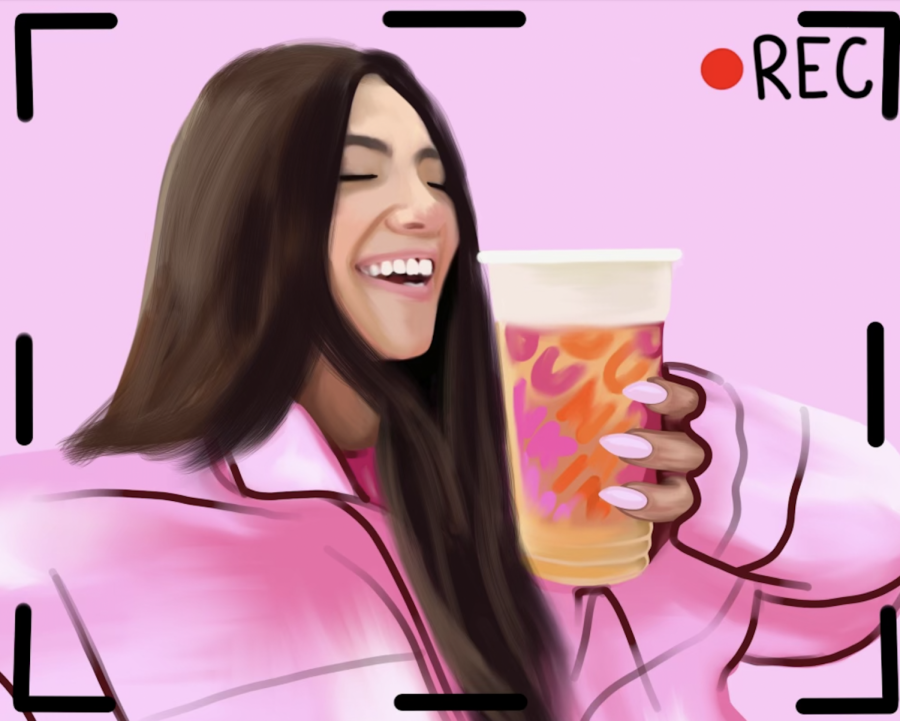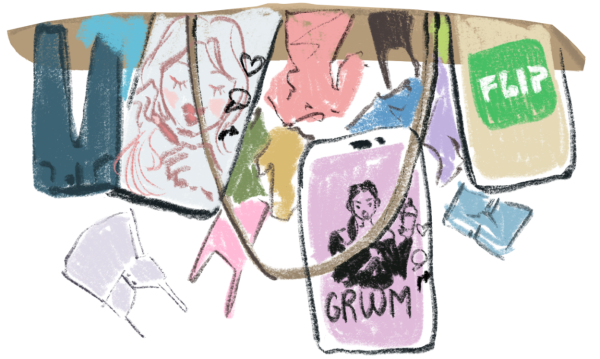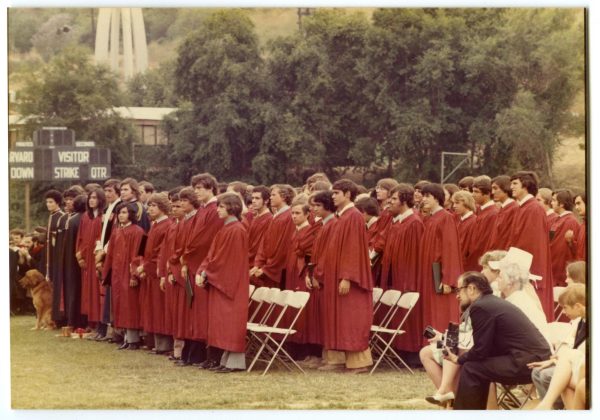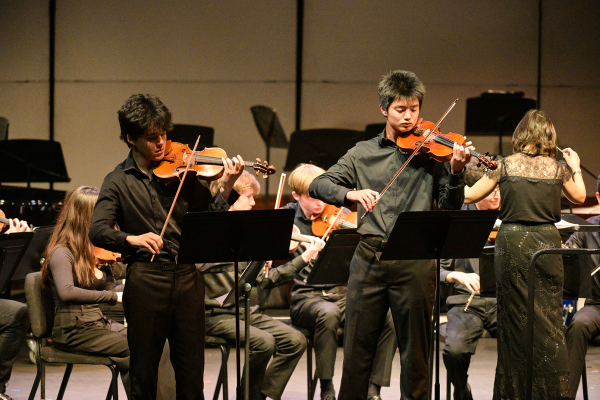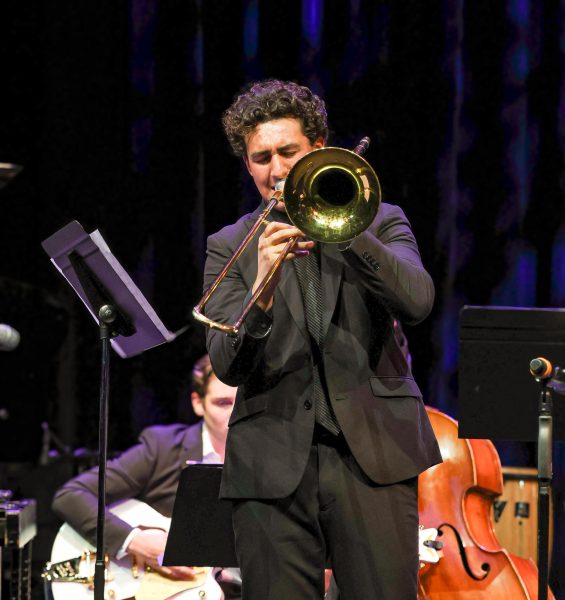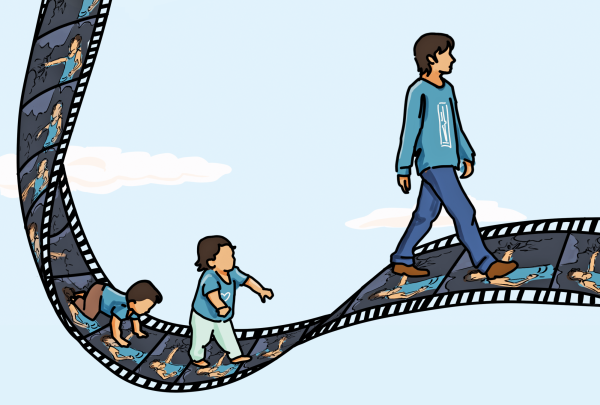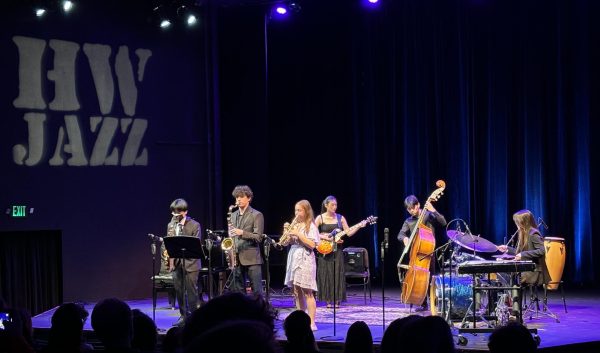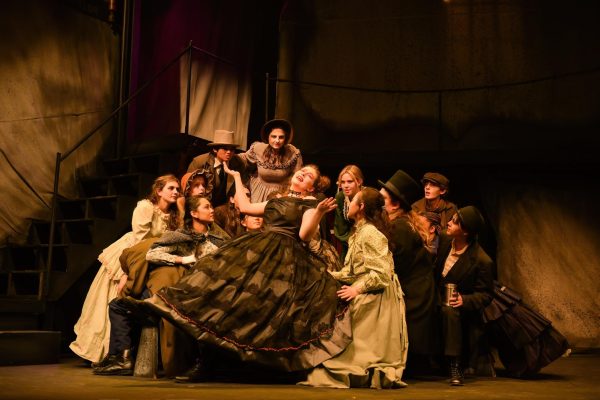Dissecting the Drama of the D’Amelio Show
October 15, 2021
Starring the most viewed TikTokers in the world and their parents, season one of Hulu’s “The D’Amelio Show” is a mishmash of reality TV tropes and attempted lessons. It is half “Keeping Up with the Kardashians” and half PBS bullying documentary with sprinkles of high school drama for good measure.
The eight-episode show focuses mainly on Charli D’Amelio’s rise to fame. The 17-year-old, whose TikTok account leads the social media platform with over 125 million followers, is plucked from the suburbs of Connecticut to the mansions of Beverly Hills after her dancing videos blow up overnight on the platform. Her life becomes filled with fancy awards shows and red carpets, yet the teenager soon finds out that fame isn’t everything it’s cracked up to be.
The plot is as old as reality TV itself, and it is one that grows even more basic with the characters we view it through. The show features confessionals from the D’Amelio family, where not much is said in many words. A sad Charli speaks about the downsides of her fame; her sister Dixie does the same; and their parents look dully into the camera as they hope things can change. Despite their perceived authenticity, all of these moments are somehow caught in perfect lighting. In a page ripped right out of the Kardashians’ playbook, the family sits in front of white walls and wear their own clothing and makeup brands. Sometimes the screenwriters will have them go to the beach or have a party, where a collection of semi-famous TikTokers–everyone from Lil Huddy to Noah Beck–arrive to provide entertainment through personality and conflict.
There are, however, scenes that stumble on real emotional impact. Charli describes her past four years as a “constant anxiety attack,” and the first episode ends with Dixie crying on her bed because of the hate comments on her Vogue video. It may be easy to write these scenes off sarcastically, but they do offer some insight into the other side of wealth and adoration. Unfortunately for the audience, these moments are promptly ruined by the cheesy music and crude editing that characterizes reality TV–at multiple points throughout the show, hate comments Dixie and Charli think about pop onto the screen as they are thinking about them.
In these emotional-turned-emotionless scenes, “The D’Amelio Show” tries to live in two worlds. If you come into the show expecting love triangles and telenovela arguments, you will be sorely disappointed. And if you come expecting a well-made docuseries on the effects of fame on family life, you’ll be just as let down. The show instead lies squarely in the middle: it serves as a mildly entertaining soap opera with glimpses of emotion.
If you can make it through a mountain of overly produced scenes filled with teenage dialogue distinguished by the word “like,” you’ll find a show about the rocky emotions of a family who turned famous overnight.































